Humans, First Step: SERBIA. Protests, Virus and Lies | Benedetta Pisani
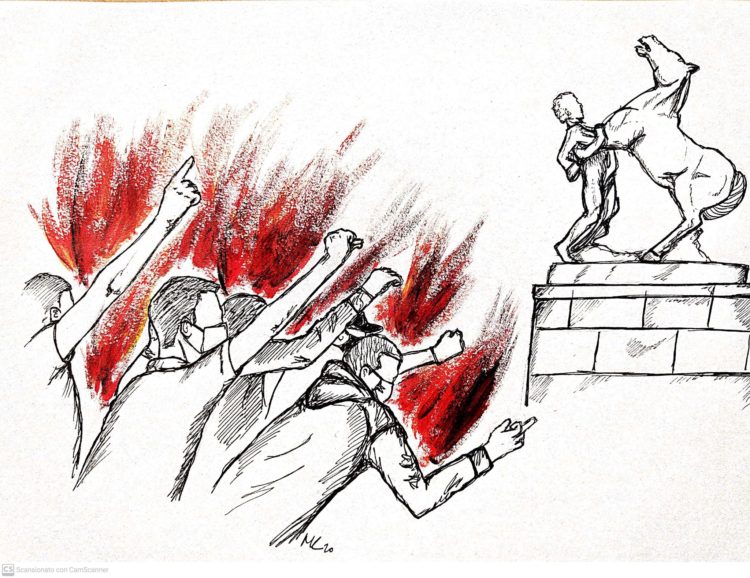
I decided to set this first anthro-political experiment in Serbia, through the voices of Gradimir Ignjatovic and Milan Jovanovic, for two main reasons:
- After my Erasmus Program in Slovenia, I developed a strong interest in all that concerns the Balkans. Just to give you an idea… To get my morning started and before turning my computer off in the evening, I read the news on the website of Osservatorio Balcani Causcaso Transeuropa.
- The tragi-comic circumstances in which I met Gradimir for the first time, surely put him on my very own Gr8humans List. Police station in Madrid, enough said.
In order to write an interview consistent with the subject’s importance, I have collected news, historical evidences, beliefs and opinions on the recent happenings in the country.
But, after two intense talks with Gradimir and Milan, I realized that the articles I read did not allow me to develop a comprehensive idea about the actual events going on in Serbia. They simply described the last protests as an inevitable consequence of a general “public discontent”, generated by the inconsistency of coronavirus safety measures and degenerated due to the collective awareness that those provisions were not aimed to preserve the public health at all.
Serbs took the streets soon after Vucic announced that Belgrade would be placed under a new lockdown following a second wave of confirmed coronavirus infections. But the demonstrations quickly morphed into a wider expression of frustration at Vucic’s increasing control over policymaking and perceived mismanagement of Serbia’s pandemic response.
“It’s important to know that the protest is not about the measures but the constant lie that is the government. The protestors came from every political and social spectrum. From the homeless gipsy to the local businessman. From the local communist to the fascist hooligan. So these extremists purely wanted to start a riot and they did on the 7th and 8th. And so the protests turned violent.
Embed from Getty ImagesEven though I despise violence and don’t want to endorse it, this is something that I am starting to see as a necessary step to oust our President”, starts Gradimir.
“Serbia has been dealing with many issues, at least in the last 30 years, without really resolving them. As you can see, the protests are still here, after the revolution we are still here”, says Milan Jovanovic with firm and decisive tone, and eyes full of disappointments and hopes.
“Serbian Progressive Party, the ruling party, has come to power in 2012, and it had more than 50% of the members of Parliament alone. Since they came to power, there have been a lot of erosion, in terms of freedom of press and media. Thus, public was got were very divided. And this division, in Serbia, is almost everywhere. The mainstream political party dominates all the public institutions and public domains… Meaning the Courts, State companies which employ 1 of 3 workers in Serbia (the main criteria for staying employed is membership to the party… It reminds the idea that one party dominates the all other spheres).”
What are these protests up against? Which are the demonstrators’ requests, besides the health emergency?
Most of western media is writing about the protests as anti-curfew measures. It is only partially true. As I said, it is something that triggered people, but it is not the reason why people are unsettled and unhappy. Now some of the problems that we all knew they already are just coming to show up again, including the devastating condition of medical health-care systems. And you can see that independent media are trying to denounce the current situation, but President Vucic comes and says at the press-conferences that it is not true.”
Milan goes on, “The Kosovo negotiation has been calm for two years and now, just one day after the elections, EVE Special Representative Lajcak came to Belgrade. The far-right of political spectrum, got annoyed because they see that the deal about Kosovo is just about the corner and now in the midst of Covid-19 crisis everything is just starting to go faster.So, it is not just Covid-19 related. It’s around Covid-19, but it’s not the main reason.”
While other European countries eased their lockdowns gradually, Vucic opted for a faster process, soon allowing Serbs to crowd without social distancing at sport matches (the derby in Belgrade was the largest gathering in Europe after the end of lockdown) and re-opened nightclubs. Moreover, elections were held on June 21. A lethal boomerang for the sense of accountability of Vucic who, instead, shifted the blame on the citizens’ “irresponsible behaviour”.
“There is a lot of polarization. It’s either you trust President Vucic, 100%, or you just don’t. The whole nation is divided and after the announcement of the curfew, people got mad not just because of the curfew. The main idea was that the government has been lying for a month for electoral purposes, without getting any medical equipment, and now you just want to put it back because you have done with your election things”, argues Milan.
BIRN conducted a detailed analysis of the data from the information system, which shows that more than twice as many infected patients have died than the authorities announced and hundreds more people tested positive for the virus in recent days than admitted. Has the government been lying to the citizens’ for electoral purposes? What do the electoral results mean for the political future of the country?
“During the quarantine we had some of the harshest measures across Europe. And as you might remember those measures were suddenly suspended from the beginning of May. And this is where the core of the problem is. Ever since the suspended measures, the number of infected and number of dead have been virtually the same all the way to the parliamentary elections. Two days after the elections the government decided to start and announce the numbers that they have hidden”, says Gradimir with bitterness.
“In the beginning of May, the President and the ruling party declared that everything was okay and that Covid-19 was defeated: “You can go out and come to the elections!”. The scandal that came out is that one month before the elections, the statistics about the number of infections and deaths has been tempered with. So, you have a curve going up and one month before the elections, it went down and became flat. Just after the elections it started to go up again, much worse than it did in March and April. They were tempering with the stats because they did not enough tests and people posted on social networks that they felt all the symptoms but they couldn’t have been tested or that their tests all came back negative, but they never see those test-results. There is a lot of mistrust about the way the government managed the disease”, continues Milan.
“The main political topic of this spring/summer in Serbia was whether to boycott or not the elections. The ruling party, which was trying to get the people to the vote, said that the boycott would fail; and the opposition, of course, said that it would succeeded. In my opinion, it succeeded, since there are three parties in the Parliament, which has not been the case in Serbia for the past 30 years. But all of them support the same politics, so there’s not an opposition. And that resulted in another problem.”
What is opposition, according to you? And what flows from its absence?
“Opposition is something that comes natural to people, right? We, as people of Serbia, decided that the place to come back our opinions, and tenses on various political topics, is the Parliament. So, we don’t resolve our issues in the street or by other means. Now that there is not opposition in the Parliament, people still have to express their views, thus the protest. The protest came as a reaction to the President’s announcement of police curfew for the entire weekend, because people grew tired of curfew in the spring”, says Milan.
“If this boycott was not suggested, if the mainstream opposition took action in the Parliament, they still wouldn’t get much of the support. But to be honest, I don’t know how they could do better than that, not having access to media. There are 5 general nation television stations, since most of the Serbians (90% of people) get informed through television, and all of them are pro-government. So, the opposition representation in these stations during the pre-election period was very minimum. They can appear once and not on all five stations, but on two or three of them. Most of the time they appeared on TV they did in negative contexts. So, there is no place in media and I think the boycott has been the best way to go. But the problem is that there is very fear, so I don’t know how much it is durable. I believe that the mainstream opposition in Serbia is just waiting for Europe to come around and start supporting the opposition, as the West supported Otpor in the late ‘90s. So, they are waiting for the same thing to happen again, which is in my opinion not likely to happen for at least one or two years. I don’t think it is possible to happen, as long as the Kosovo problem remains unsettled. And the president Vucic knows that. That’s why he is tolling the Kosovo crisis-solving, because he knows that once it is going to be solved, the focus will be on other topics.”
Do you think there are the premises for the rise of a movement similar to Otpor, which played a fundamental role in the process of dismantling of Milosevic regime?
“There are a lot of comparison between the state of affairs in Serbia now and back in the 1990s, but there are also many factors that are different, a lot of things changed. For example, it took more than 10 years to overthrow president Milosovic. And in those years, Milosovic has led three wars, two of them absolutely unsuccessful and one partially successful (I imply the war in Bosnia). In addition, you have iper inflation, so people could not buy bread and it took seven years to overthrow this. So, after the peace-agreement in Bosnia, he was supported by the West as a key factor of stability and peace in the region, and that would last much longer – so nobody was minding the freedom of media and other rights and liberties – as long as everything was (in)stable, which is something you could make a comparison with now. However, Kosovo issue arose in 1998 and there was the war in 1999, with the NATO intervention bombing. And only after the bombing, I think that people realized that we grew sick and tired and that we could not take it any longer. We could manage poverty somehow, but not wars”, goes on Milan.
“Otpor was founded at the West. It had training and the organization to mobilize people and to combat president Milosovic. However, that’s not the case now. There’s a huge burden that every Serbian voter say that it is fault of the mainstream opposition (in power up until 8 years ago) if Vucic got the power at first place (“We cannot give you the power back, because it’s true that Vucic is not the ideal, but neither are you”). One of the reason, I would say, is that their demands were rather loose and, then, the president Vucic says that the media are doing whatever they want, they are free and they want to support him.”
“I don’t think even Milosovic threw that much tear-gas on the protestors. This is a rather scenery of police brutality (“I have the power. I am the one who’s making the decision. There is nothing you can do, just stay low”). And after two days of that force, it turned out it worked. He is a totalitarian and he knows what he’s doing. So, the number of protest just rapidly went down, because people did not want to go out and get beaten. And the once that did want to go out and confront with the police, were used by the media against the opposition”, states Milan.
“Vucic put the opposition in an impossible angle and I think they are just waiting for the EU to come around.”
The UE institutions’ support to the Serbian government is based on the stabilitocracy criteria: supporting illiberal regimes as long as they keep a pro-European orientation and continuity of government. In which way, the Western rhetoric of democratisation, rule of law and respect for the State institutions, could be really effective in a country characterized by high corruption rate and authoritarianism?
“People in Serbia grew tired of the EU stabilitocracy, because it is perceived as quite predominantly and not interested in keeping the situation stable in the matter of international relations. People perceive it as like “We are just giving you the time and the space for handling the Kosovo issue”. Everybody understands it as accepting the Kosovo independence and, it’s not my personal view, but polls show that a lot of people in Serbia oppose to recognise Kosovo as an independent state.”
“The President Vucic is trying to present himself as a middle-range slightly right conservative party, but most of his political and regular life is spent as far-right nationalist, that is not something that you can just get out of your head. Most of his supporters are far-right nationalist. They just accept his behaviours and they think “Okay, he has to deal with Kosovo because they are making pressure out of him.” They are accepting that as an excuse, but the only way they would accept the EU-Kosovo deal, thus accepting the independence, is if the president Vucic does it, because he’s their guide. And EU knows that if the deal is about to be made, it is going to be through president Vucic. However, Vucic knows that if he does that, he will lose EU stabilitocracy support, so the EU focus on Serbia will not be on Kosovo anymore, but on freedom of media, state of economy and on all the other chapters of the accession policy.”
“As long as the Kosovo remains the main topic, he can continue manipulating and shifting”, concludes Milan.
What is happiness for you?
This very last important question addresses to the overall purpose of the Project HUMANS… Maybe, exploring what makes people happy, could make other humans see happiness in unexpected, hidden places.
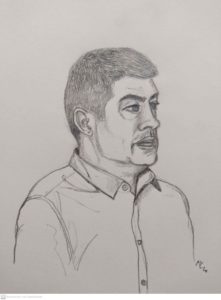
Milan Jovanovic
“For me happiness is travelling, meeting new people… It’s not about the money, luxurious life-style. I think that people are at the peak of their happiness when they go, when they travel, when they meet people, when they have fun along the way. And those tiny little details are something they’ll remember and they will bother their kids after 30 years, and their kids will say ‘Yes, you told me like five times already!!’. And that is something that makes you smile, something that you’ll remember.. Among other things, this is happiness for me.”
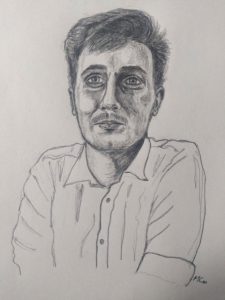
Gradimir Ignjatovic
“It’s a question I ask myself pretty much every day. And I never get the answer. Sometimes one think makes me happy, and another time that same think makes me unhappy. It’s a very complicated question… It depends on the day and the moment I am in. If I went to a party, but I didn’t work well during the day, I would be unhappy. But, if I am satisfied of my work, I would be estatic and happy. Even if happiness is generalized, it’s very complicated question either way… I would never have the answer to that question.”
There is not a single answer and that makes humanity even greater.
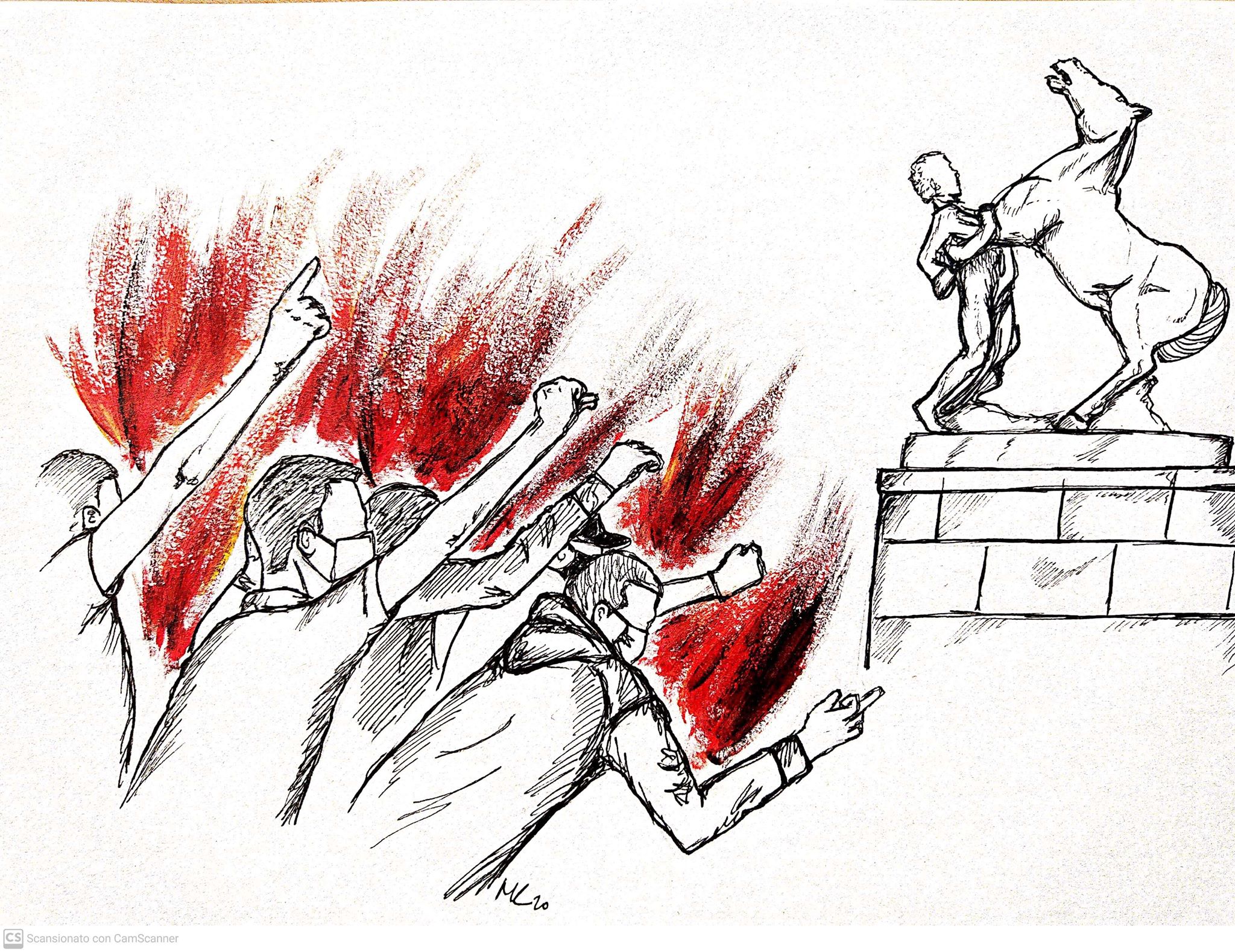
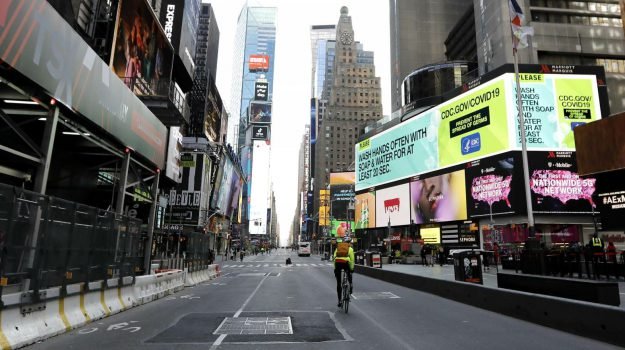
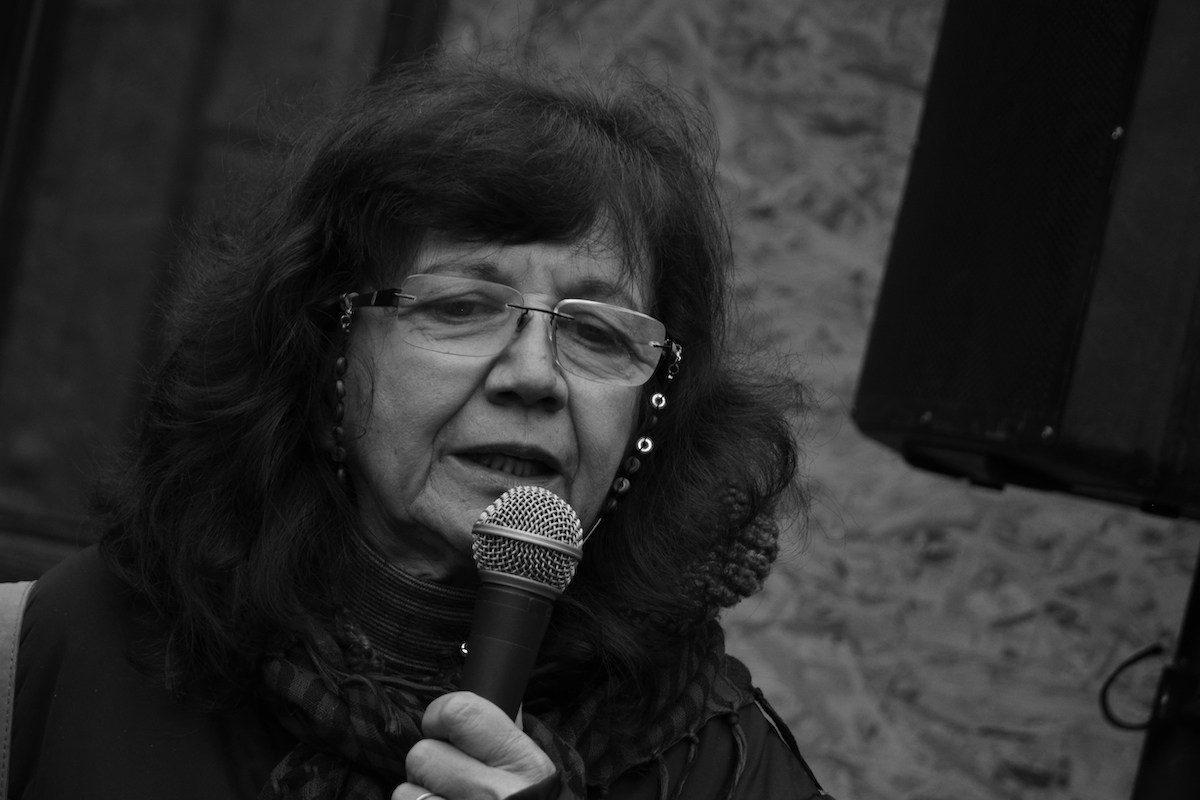
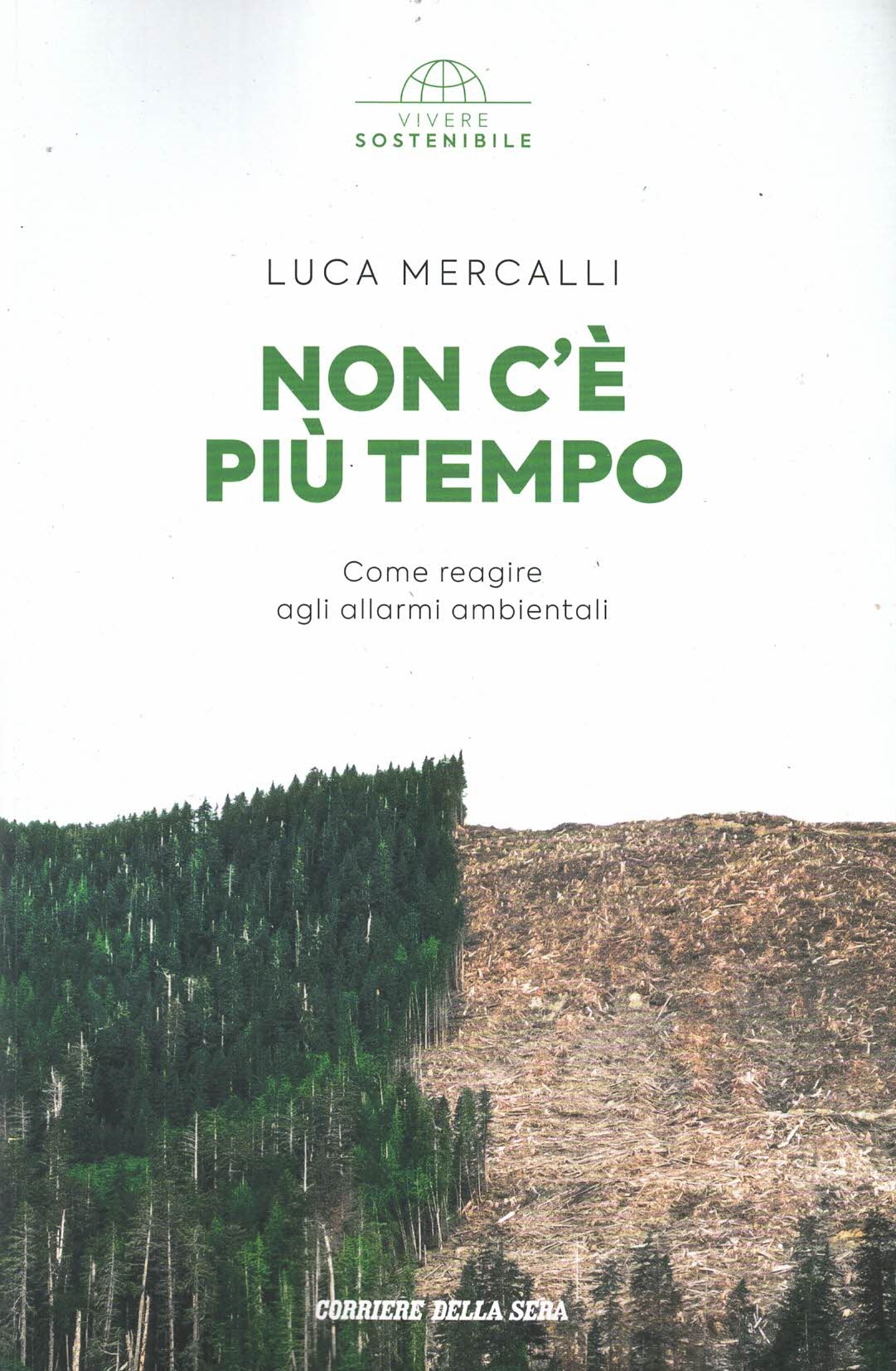

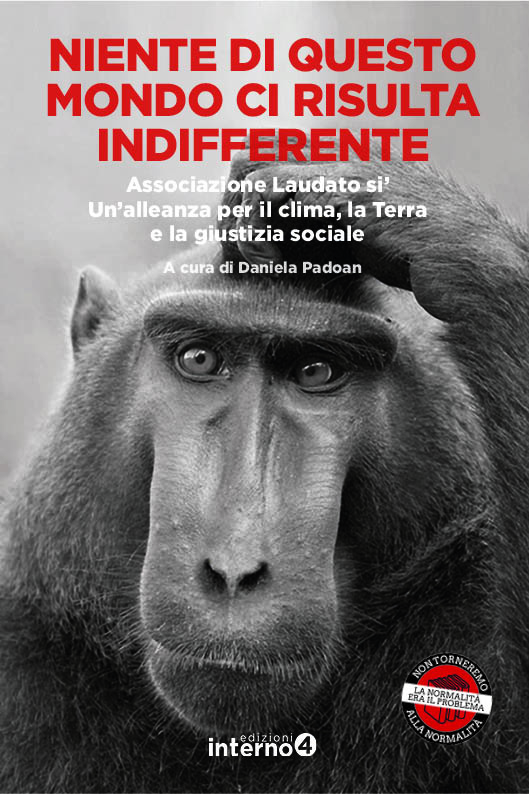

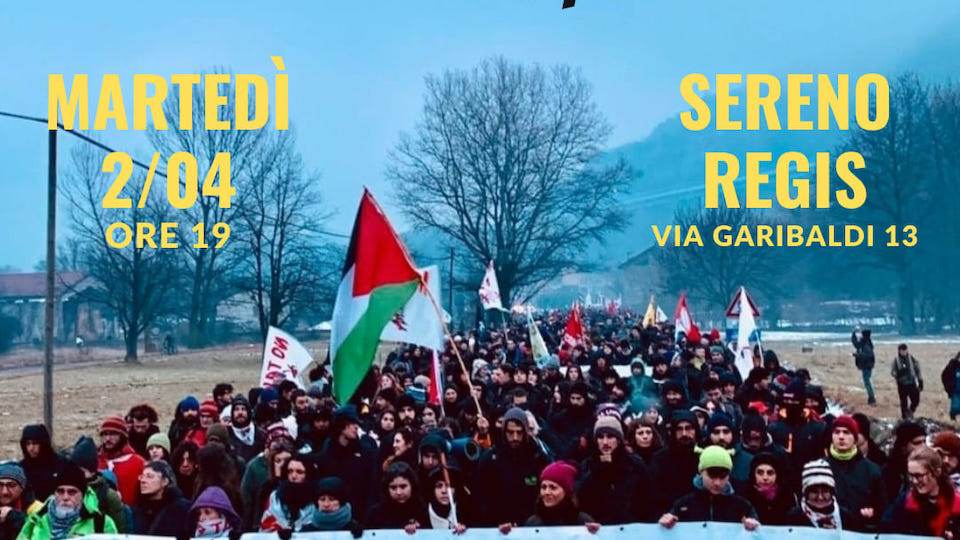
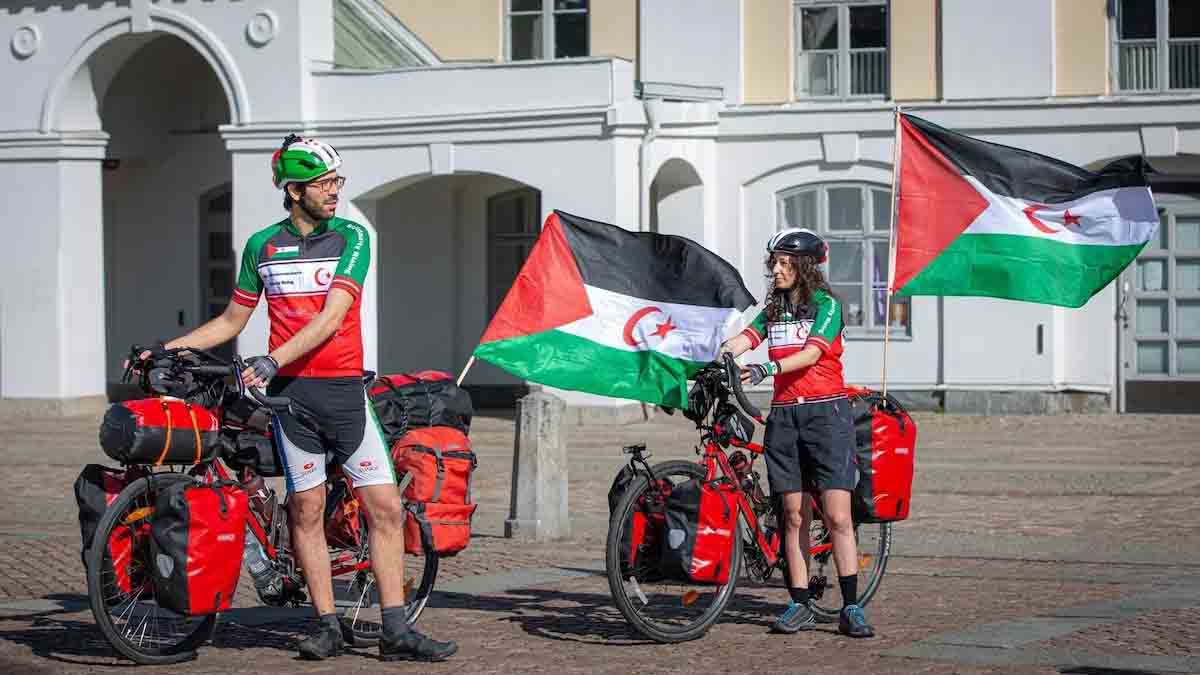
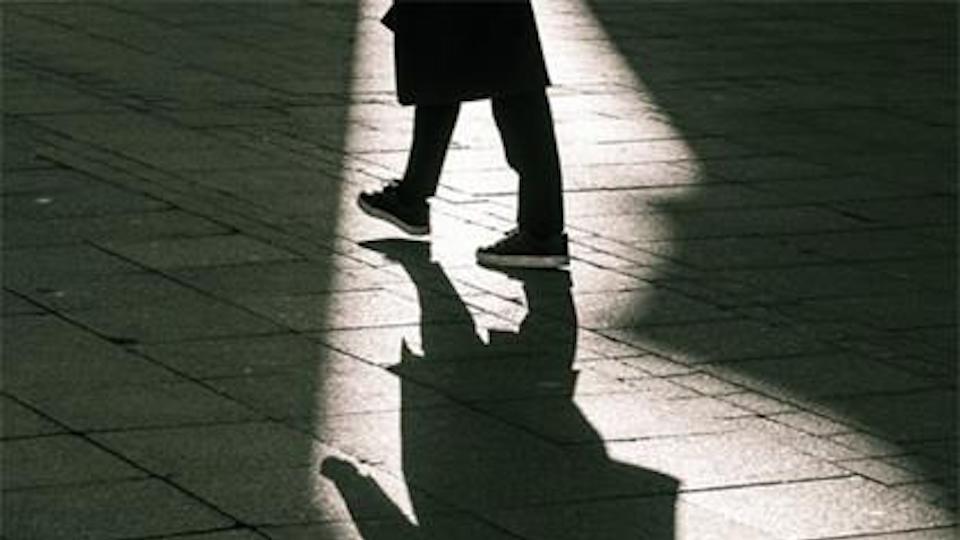


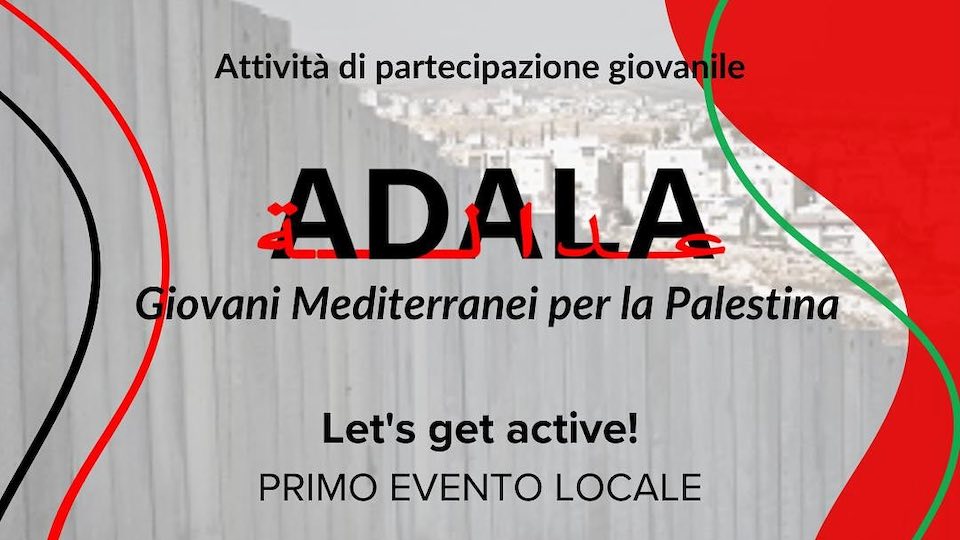
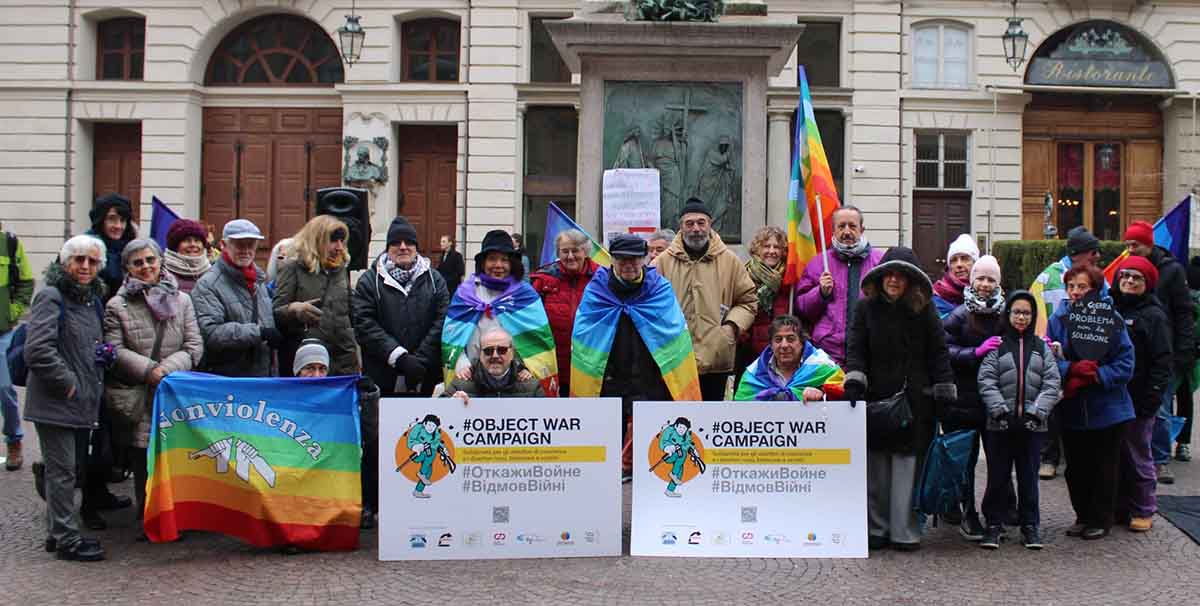
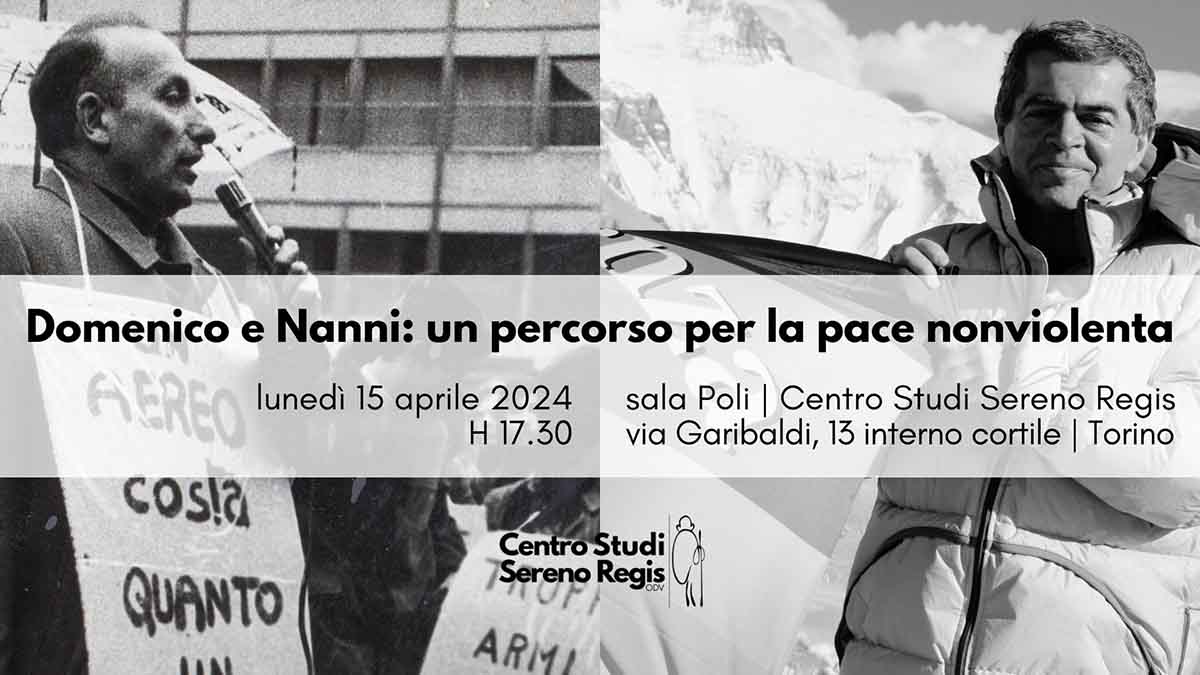
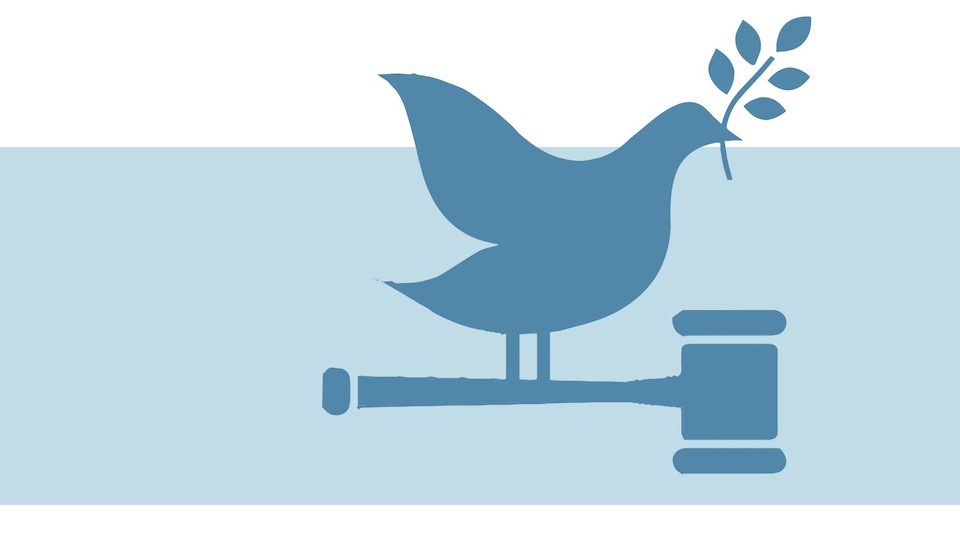
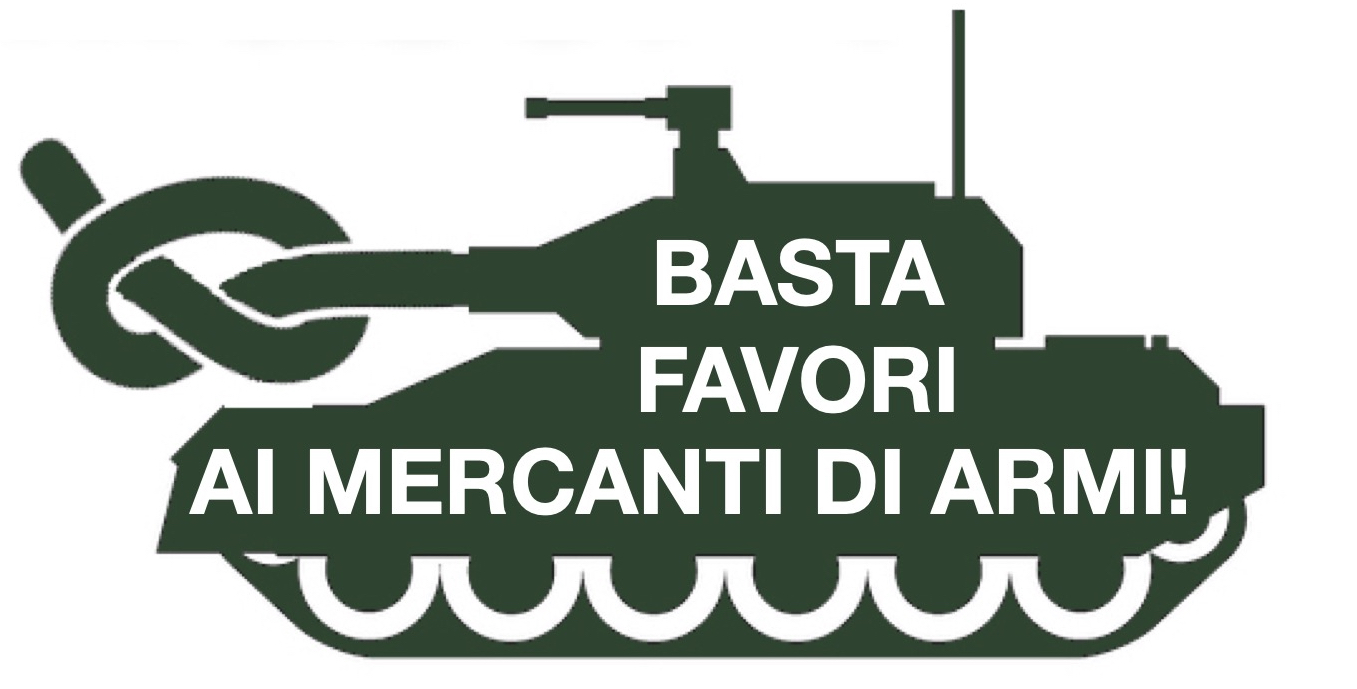
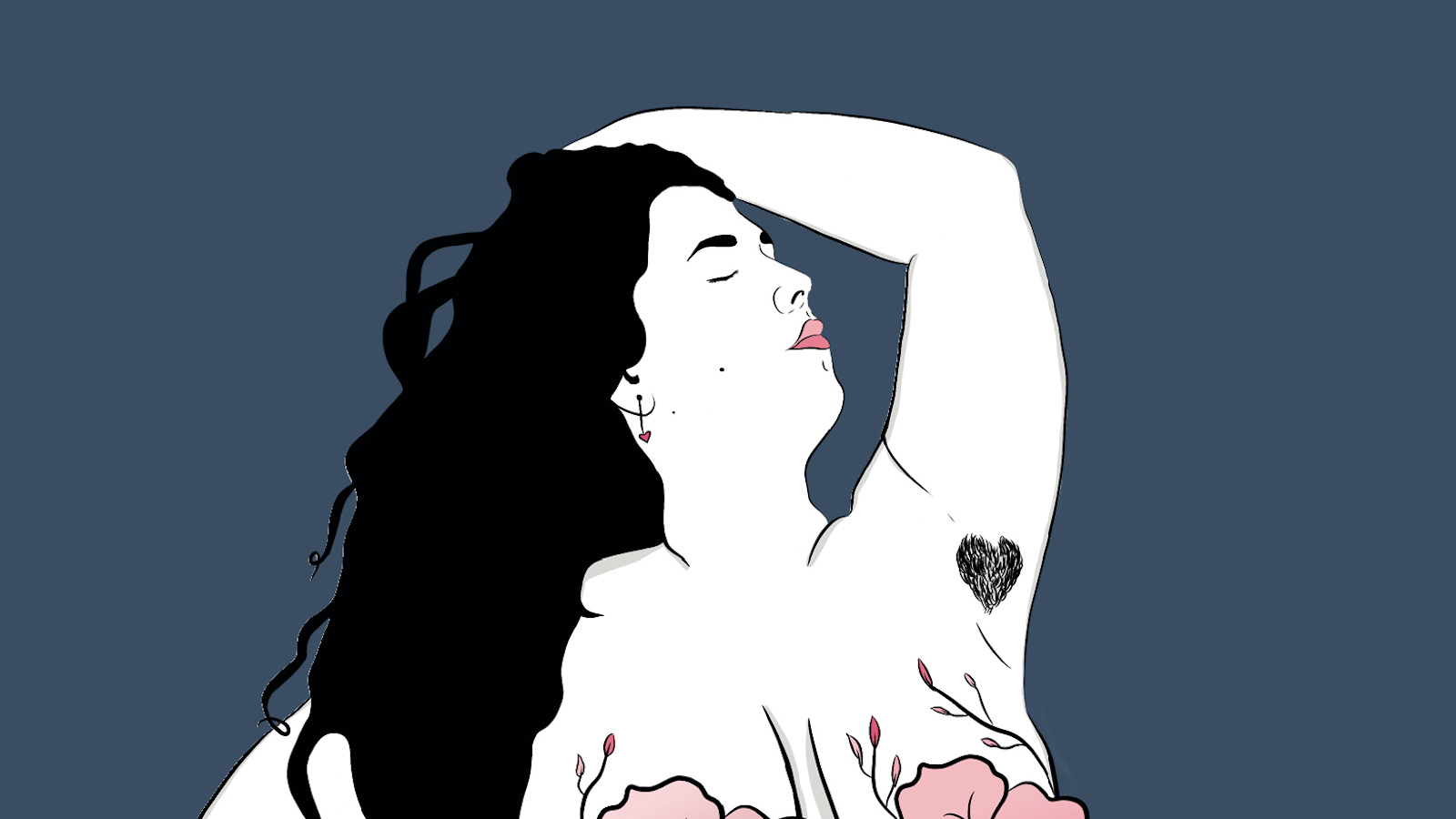
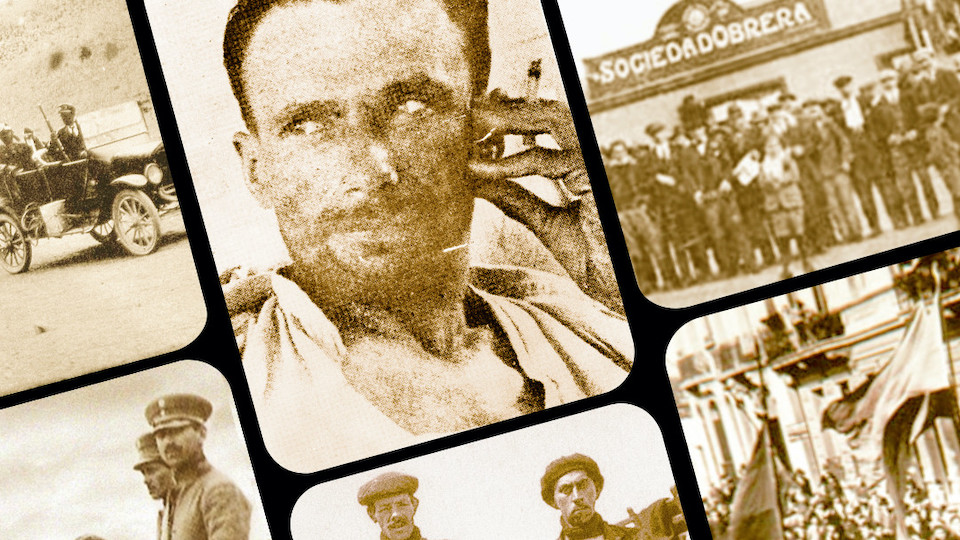
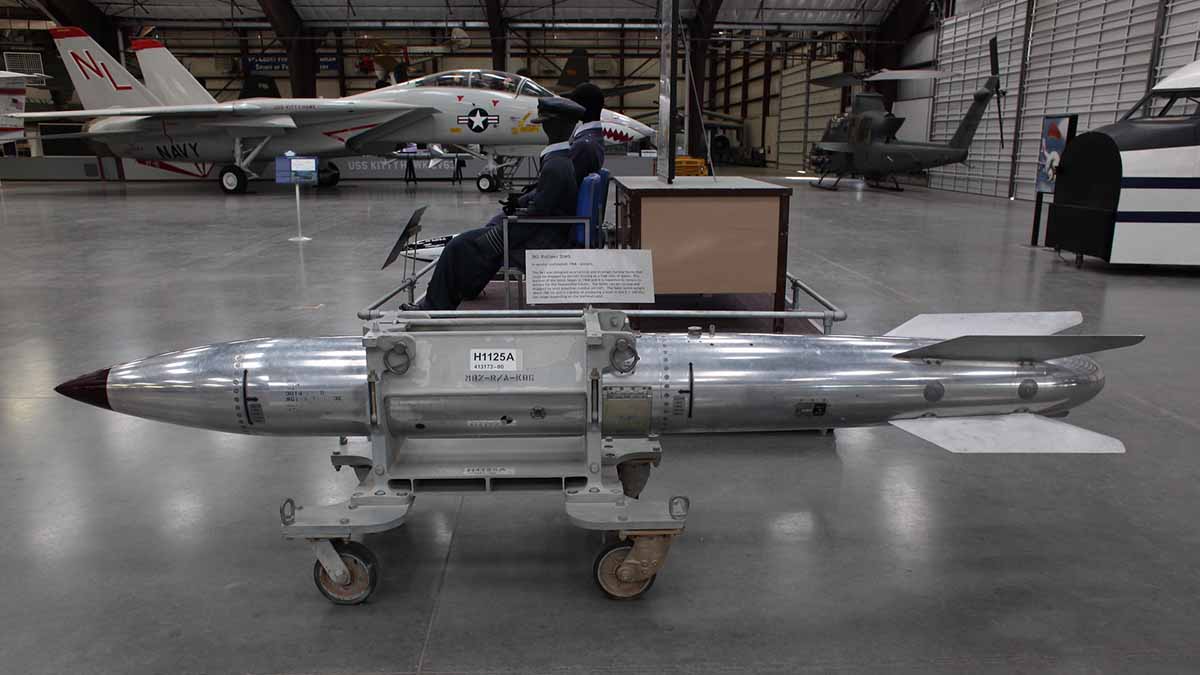
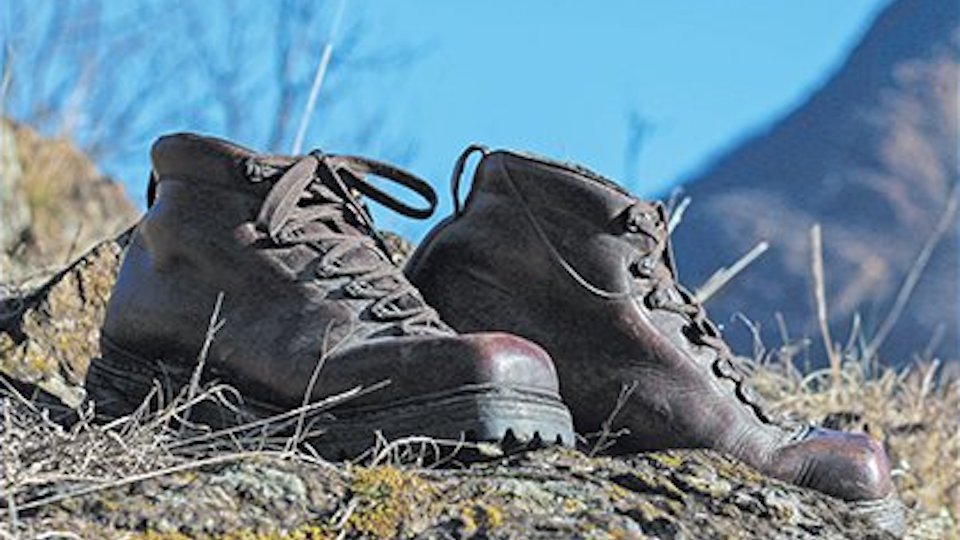
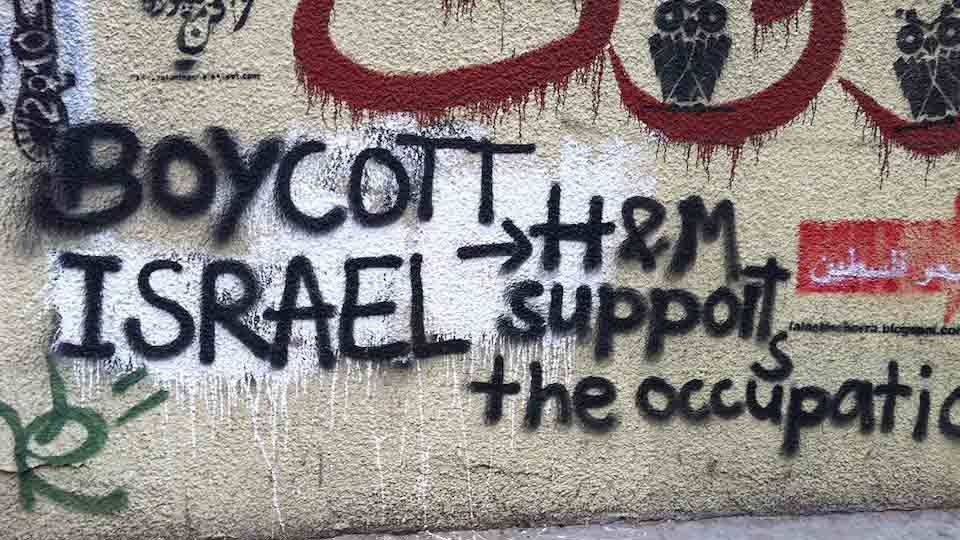
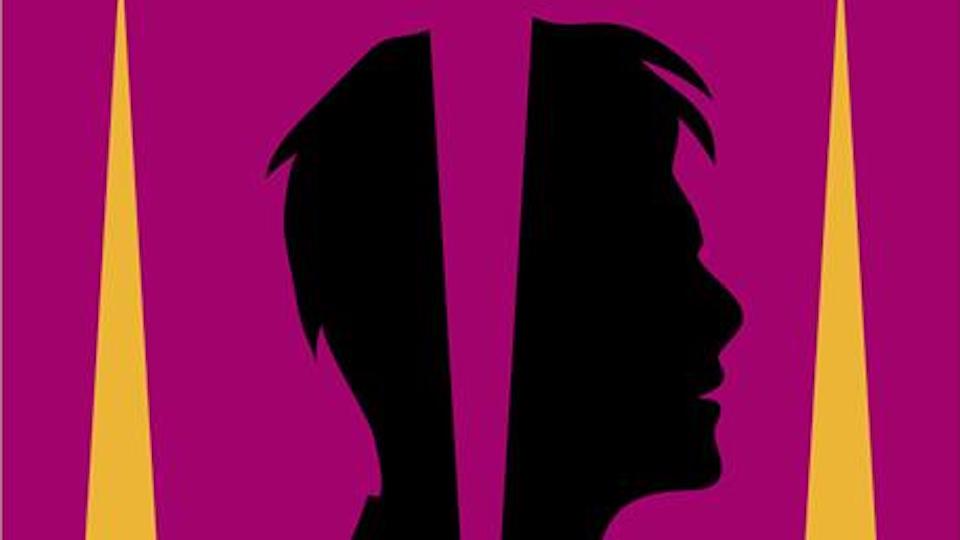

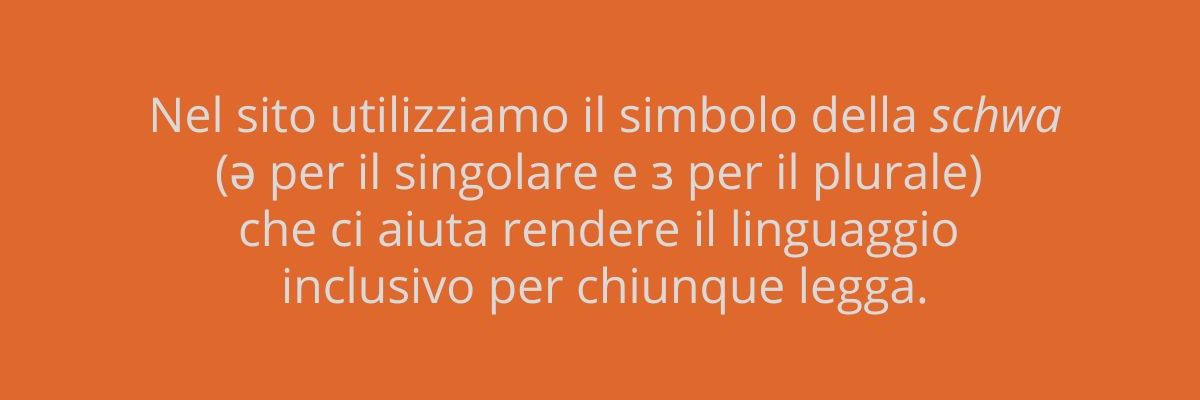

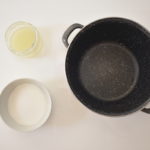
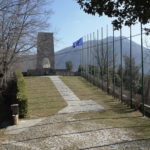
Trackbacks & Pingbacks
[…] Disegno di Margherita Caretta English Version […]
Lascia un Commento
Vuoi partecipare alla discussione?Sentitevi liberi di contribuire!